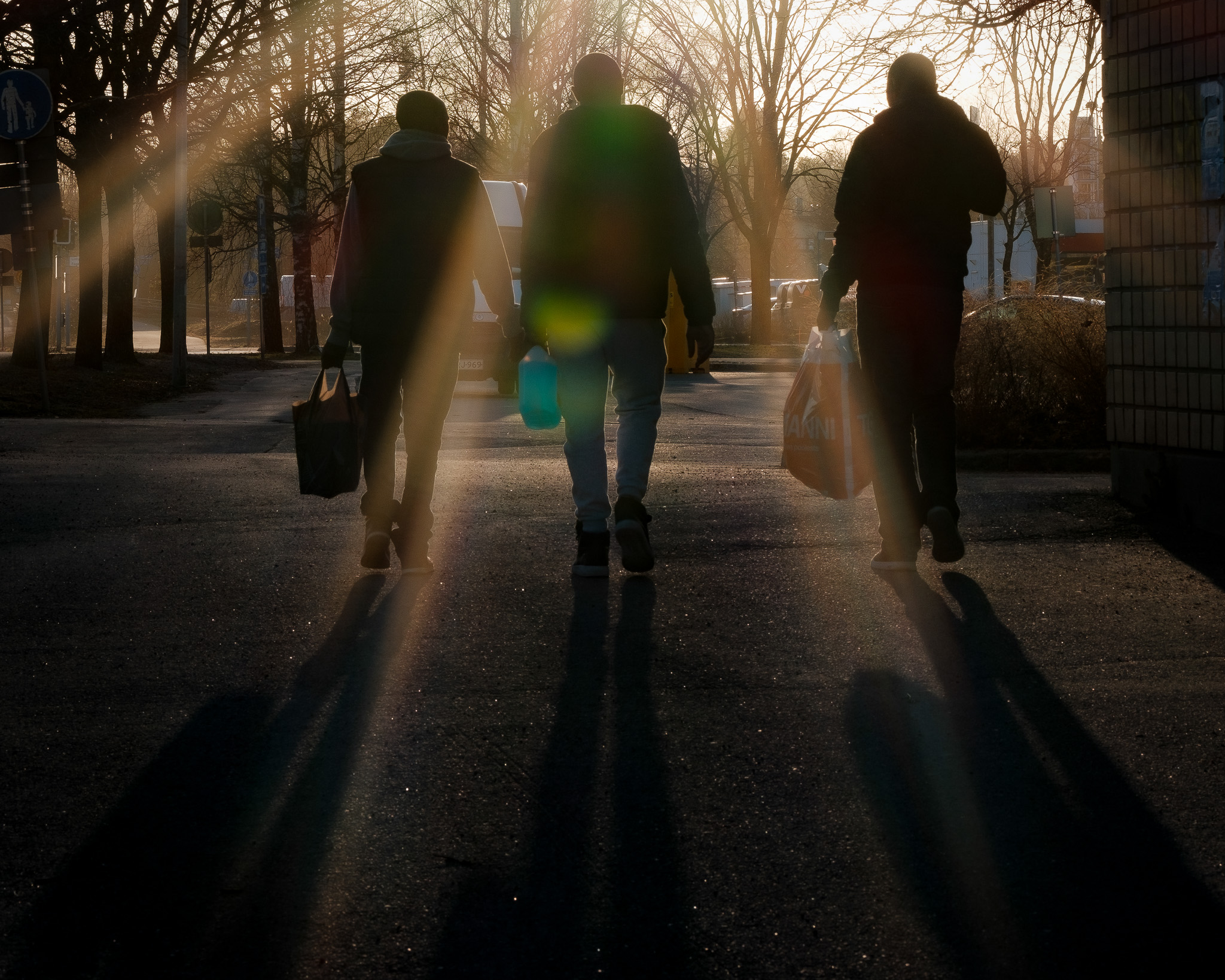“Tell me it wasn’t a mamu” – Immigrant children and youth face a dual burden

Riband Kurd
Riband Kurd
Published 24.04.2024 at 3:13
My son Roma, 16, arrived home that day with a heavy heart and a worried face. Trying to get reassurance, he said: “Dad, tell me it wasn’t mamu (immigrant) who shot at the Vantaa school!”
The tragic accident on April 2nd had shocked him, but he was also worried about its potential repercussions because of his immigrant status. Similar thoughts were running in the heads of other young people with an immigrant background.
“As I checked social media, I noticed some comments made by people who didn’t know the full story. They made stereotypical assumptions, such as saying it definitely was a mamu”, says Ahmed. He is a 16-year-old student from Espoo, born in Finland to Somali parents.
Ahmed recalls his initial shock when he encountered the comments.
“It made me feel uneasy and got me thinking, what if it really was an immigrant. It would have looked bad to us.”
He points out how differently negative deeds by individuals are portrayed. When a Finn does something bad, it’s often seen as a mistake that a human being can make. An immigrant’s action, on the other hand, is often framed as something that comes from their ethnicity or background.
Blaming immigrants is unjust, he says. He emphasizes the importance of addressing societal issues collectively rather than assigning blame based on ethnicity or background.
Battling bullying and discrimination
The phenomenon is known, says Taina Laajasalo, a research professor in the Finnish Institute for Health and Welfare (THL).
Immigrant children and youth feel that any negative incident reflects poorly on their status in Finland. They fear being unjustly blamed and viewed as a threat to the country by others.
Laajasalo talks about the double burden.
“The immigrant children must deal with the trauma of the events themselves, but also fear being scapegoated by the society”.
She underscores the necessity of ongoing dialogue and education to combat discrimination and foster a sense of belonging among immigrant youth.
“We react in times of crisis, but mere reaction isn’t enough.”
Laajasalo stresses the importance of integrating discussions on discrimination into the school curriculum from the outset. It is crucial for teachers to stay vigilant and sensitive to their students’ needs, especially during times of turmoil, as well as keeping an eye on the subtle undercurrents in their schools.
It’s also a question of what the children are experiencing at school. Research has shown, for example, that the children of immigrants are more likely to be bullied than their peers with a Finnish background.
A school health promotion survey conducted in 2021 found that 23 percent of students born abroad were bullied weekly. Among students who were born in Finland but had an immigrant background, the same number was 16 percent.
In comparison, only nine percent of the students with Finnish background said they were bullied weekly. The survey was conducted among 8th and 9th graders, vocational school students and high school students by the THL.
In other studies by the THL and Helsinki university, 42 percent of the first-generation immigrants reported that they are unable to talk about their worries. According to research, experiences of discrimination can have connection to generalized anxiety. The effect was observed to be stronger with first-generation immigrant adolescents than with their second-generation counterparts.
Ensuring fair support for immigrant families and children
There’s no simple solution, since the issue is deeply ingrained in our society, says Pauliina Sibbie, a PHD researcher in The Finnish Institute for Health and Welfare focusing on immigrant families and their well-being.
In her view, it’s a broader issue about how adults communicate on social media and how we portray certain phenomena. For instance, street violence and gangs are often framed as being linked to immigrants or immigrant youth.
She emphasizes the importance of creating fair support systems for immigrant families and children.